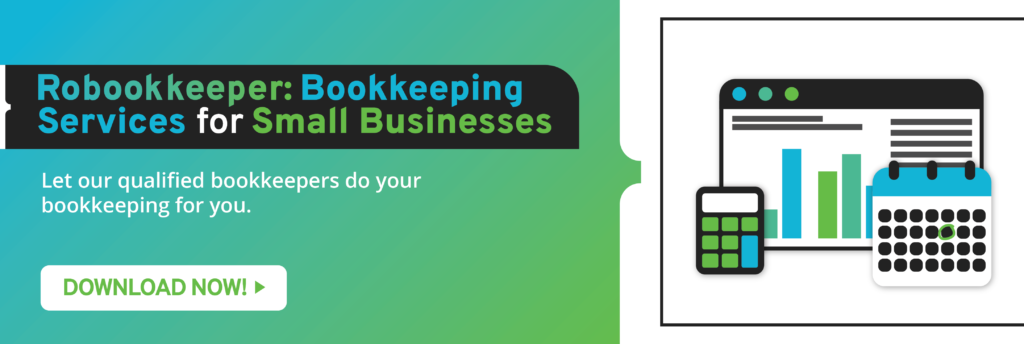As an entrepreneur, you need to allocate your resources to the most effective campaigns and efficient processes to keep your small business profitable. This is when budgeting becomes important. You need to create a budget that considers both your short and long-term goals. Every dollar you spend should move you forward to achieving your objectives. A marketing budget plan allows you to maximize your resources and launch a successful campaign.
Here are ways you can determine your marketing budget.
Focus on the Big Picture
When creating your small business’ marketing budget plan, keep the big picture in mind. Your growing company will go through challenges that may affect your cash flow and resources. Your business can either be in the running or start-up stage. You’ll need more resources when you’re just introducing your company to your target audience. They need to be aware of the products and solutions you provide before they move further down the sales funnel. During this stage, concentrate on campaigns that inform the unique selling points and benefits of choosing your company. If your small business is in the running stage, you can focus your budget on marketing campaigns that retain customers and provide you with the flexibility to reach new markets.
Base Your Budget on Your Objectives
It is important to have definite short and long-term marketing objectives. This allows you to effectively allocate resources to a campaign. Set money aside for sales and marketing collaterals, online advertising, developing your website, and establishing a strong social media presence. Establish weekly and monthly goals throughout your campaign. This allows you to add or move resources to aspects of a campaign that need extra cash flow.
Identify Your Operational Costs
Any campaign will have recurring operational costs you should include whenever you make a marketing budget plan. These costs can come in various forms such as time and labor of in-house and outsourced employees, marketing materials, longer work hours for your team, projects, and others. These may fluctuate depending on your company’s needs throughout a campaign. Factor these in when you make a budget and consider possible increases in expenses after the launch of a marketing campaign.
Understand Your Sales Funnel
Learn more about the journey of your customers; doing so allows you to determine the ideal time and platform to connect with them along the sales funnel. Layout your funnel and determine which platforms direct the most visitors to your social media accounts and website, which pages they visit the most, do they make it to the checkout page, and did they visit again. This data allows you to create a message that moves a customer further down the sales funnel. This also enables you to improve your web pages to increase the conversion rate.
Know Your Niche
To determine your marketing budget, you should know your niche. Study your competitors; identify their strengths and weaknesses. Review their products and services. This approach enables you to fill gaps in the market and launch a product that performs better. Other than studying the competition, you should also learn more about the pain points of your intended audience. Understanding your target market allows you to provide them with solutions or address a want.
These practices enable you to determine your marketing budget plan. Implement these to manage your resources effectively when you launch a campaign. We at Robookkeeper can update your books for you so that you can focus on your campaign. We offer good vlaue bookkeeping services for small business owners. We have an experienced and skilled team of virtual bookkeepers that deliver output on time and first-rate.



